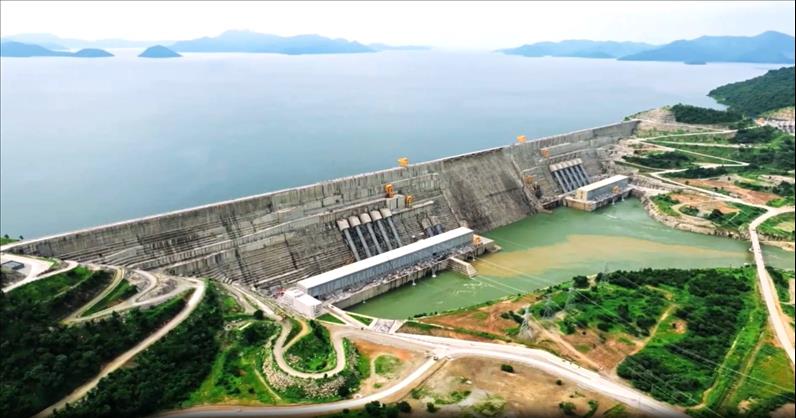GERD Study: Sediment Trapping May Prolong Sudan's Roseires Dam But Raise Ecological Risks
The research, published in Journal of Hydrology: Regional Studies, was conducted by experts from IHE Delft in the Netherlands, the University of Khartoum, and Dutch institute Deltares. Using Delft3D hydrodynamic modelling, sediment-trapping formulas, and artificial neural networks to reconstruct historical data from 1981–2022, the team validated their findings against bathymetric surveys of Roseires.
Results suggest GERD will retain between 92% and 97% of incoming sediment, depending on the model used. While this means the GERD reservoir itself could gradually lose about 0.28% of its storage annually-around 189 million cubic metres of silt-its immense 74-billion-cubic-metre capacity would cushion the impact for decades.
For Sudan, the benefits could be immediate. Sedimentation at Roseires, which has been eroding about 0.26% of its storage each year, may drop to just 0.01% once GERD is fully operational. That reduction could ease dredging costs and prolong the dam's effective service life.
But researchers caution that the changes come with trade-offs.“The anticipated improvement at Roseires does not eliminate challenges,” said co-author Ahmed El-Tayeb.“Depriving floodplains of nutrient-rich silt may affect soil fertility, and shifts in river morphology downstream remain a real possibility.”
The study underscores the importance of cross-border coordination among Ethiopia, Sudan, and Egypt. The authors call for joint reservoir management, basin-wide sediment monitoring, and transparent data sharing to manage new risks and ensure benefits are fairly distributed.
Ultimately, the findings highlight a complex balance: GERD's sediment-trapping could secure engineering and maintenance gains for Sudan, while raising fresh questions for agriculture, ecology, and long-term river health. The authors stress that only cooperative management can turn this trade-off into a sustainable win for all Nile Basin countries.

Legal Disclaimer:
MENAFN provides the
information “as is” without warranty of any kind. We do not accept
any responsibility or liability for the accuracy, content, images,
videos, licenses, completeness, legality, or reliability of the information
contained in this article. If you have any complaints or copyright
issues related to this article, kindly contact the provider above.
Most popular stories
Market Research

- From Zero To Crypto Hero In 25 Minutes: Changelly Introduces A Free Gamified Crash Course
- Bitmex And Tradingview Announce Trading Campaign, Offering 100,000 USDT In Rewards And More
- FBS Analysis Shows Ethereum Positioning As Wall Street's Base Layer
- Japan Halal Food Market Size To Surpass USD 323.6 Billion By 2033 With A CAGR Of 8.1%
- Ethereum Based Meme Coin Pepeto Presale Past $6.6 Million As Exchange Demo Launches
- DOLLUM Expands Wallet Opportunities, Introducing New Security Features Following The DOL Token Sale






















Comments
No comment